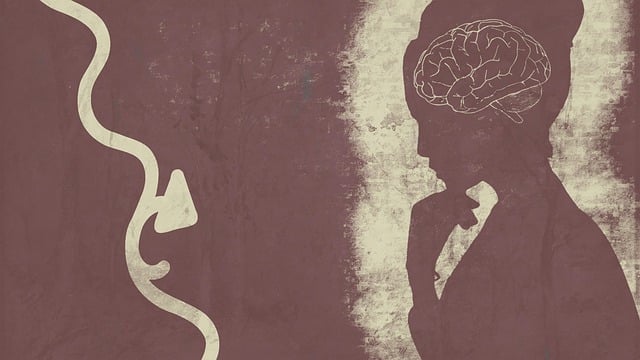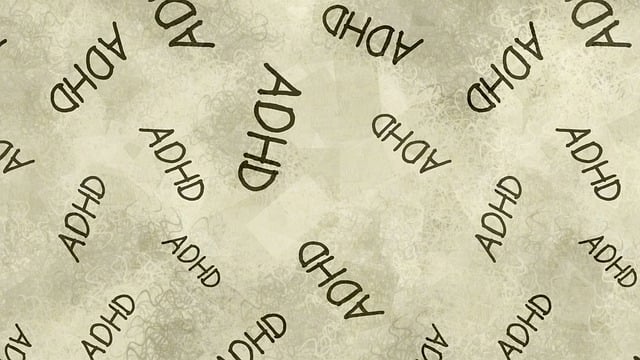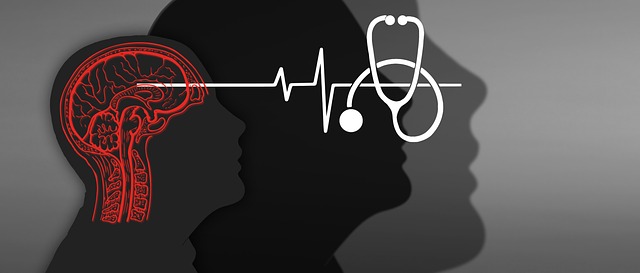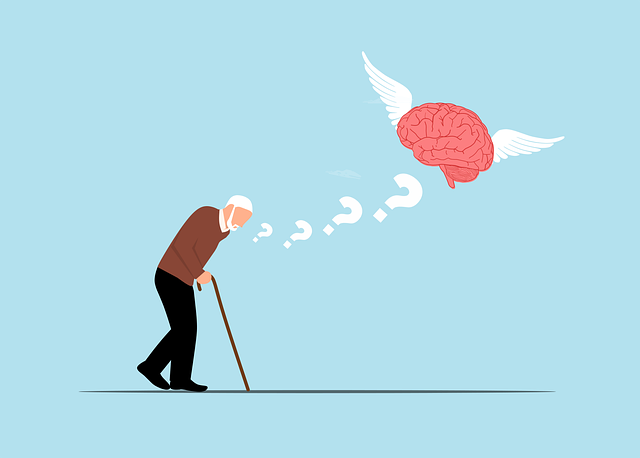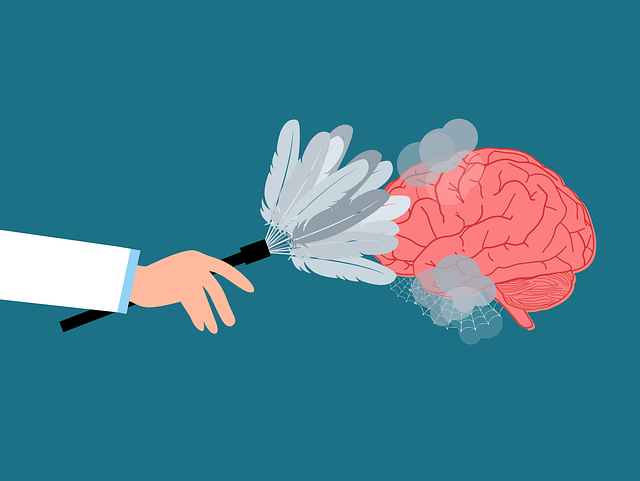Coping skills development is essential for children involved in international adoptions or therapy programs, addressing emotional challenges like anxiety, loss, and cultural disorientation. Specialized Therapy for Children in international adoptions uses evidence-based techniques to foster resilience, emotional regulation, and sense of belonging. This multi-faceted approach includes therapy, support groups, community programs, peer connections, art therapy, sports involvement, and policy advocacy, ensuring successful transitions and overall well-being for adopted children.
Coping skills development is a vital aspect of childhood growth, especially for those involved in international adoptions. This article explores strategies to support children navigating unique challenges. We begin by understanding coping skills development in young minds, delving into its significance and potential hurdles. Subsequently, we focus on the specific considerations for international adoptions, offering insights into the complex dynamics at play. Through practical strategies and resources, parents and therapists can foster effective support, enhancing children’s resilience and well-being. Discover how therapy for children in international adoptions can be a game-changer.
- Understanding Coping Skills Development in Children
- Challenges and Considerations for International Adoptions
- Strategies and Resources for Effective Support
Understanding Coping Skills Development in Children

Coping skills development is a crucial aspect of childhood growth, especially for those who have experienced international adoptions or are part of therapy programs. Understanding how children cope with stress and difficult experiences is essential for their mental wellness. In many cases, children may exhibit challenging behaviors as a result of unprocessed emotions, making it vital to teach them effective coping strategies.
Therapy for Children International Adoptions often involves identifying and reinforcing positive coping skills. This can include various stress reduction methods tailored to each child’s unique needs. By participating in community outreach program implementations, these children gain tools to navigate their emotions, build resilience, and foster a sense of belonging. Mentally preparing them to face challenges head-on is key to ensuring their overall well-being and successful integration into their new environments.
Challenges and Considerations for International Adoptions

International adoptions present unique challenges for both children and families, especially when it comes to coping skills development. The transition process can be emotionally taxing, leading to increased anxiety and stress for adopted children. These young individuals may struggle with feelings of loss, attachment issues, and cultural disorientation, all of which require specialized support. Therapy for Children in international adoptions plays a pivotal role in addressing these challenges. It provides a safe space for kids to process their emotions, adapt to new environments, and build resilient coping mechanisms.
Considerations for healthcare providers involved in these cases are extensive. They must be attuned to the specific needs of adopted children, going beyond traditional stress management techniques. Mental Health Awareness is crucial to ensure that families receive the necessary tools for burnout prevention strategies. This involves tailored interventions, cultural sensitivity training, and ongoing support systems to navigate the complexities of international adoptions successfully.
Strategies and Resources for Effective Support

Effective coping skills development for children involved in international adoptions requires a multifaceted approach. Therapy plays a pivotal role, offering specialized support to help youngsters process their experiences and build resilience. Trained therapists can utilize evidence-based techniques tailored to each child’s unique needs, focusing on trauma healing and emotional regulation strategies. These sessions create a safe space for expression and encourage healthy coping mechanisms.
Beyond therapy, resources like support groups and community programs contribute significantly. Such platforms foster peer connections, enabling children to share their journeys and learn from one another. Confidence-boosting activities, such as art therapy or sports involvement, also promote well-being. Additionally, Mental Health Policy Analysis and Advocacy initiatives ensure that services and systems are in place to cater to the specific needs of adopted children, thereby enhancing overall coping skills development.
Coping skills development is a vital aspect of childhood growth, especially for those involved in international adoptions. By understanding the unique challenges these children face, we can provide effective support through tailored strategies and resources. Access to therapy for children within this context is not only beneficial but essential, fostering resilience and healthy coping mechanisms. With the right approach, we can help these young individuals navigate their experiences and thrive in their new environments.

